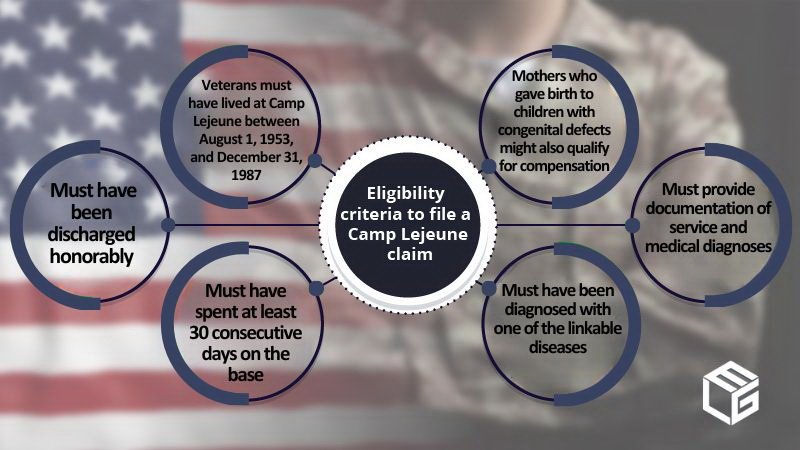Camp Lejeune: Oral cleft defects claims

1 in every 1,600 babies is born with a cleft lip and a cleft palate, 1 in every 2,800 babies is born with a cleft lip without a cleft palate, and 1 in every 1,700 babies is born with a cleft palate in the US. While the precise causes are still unknown, toxic exposure on contaminated military bases, such as to the chemical hazards present at Camp Lejeune, may contribute to higher risks of oral cleft defects. If you were stationed at this military base with your husband or by yourself, as a female member of the military, while you were pregnant and gave birth to a child with a cleft lip or cleft palate, you might be eligible for compensation, which we can help you recover.
